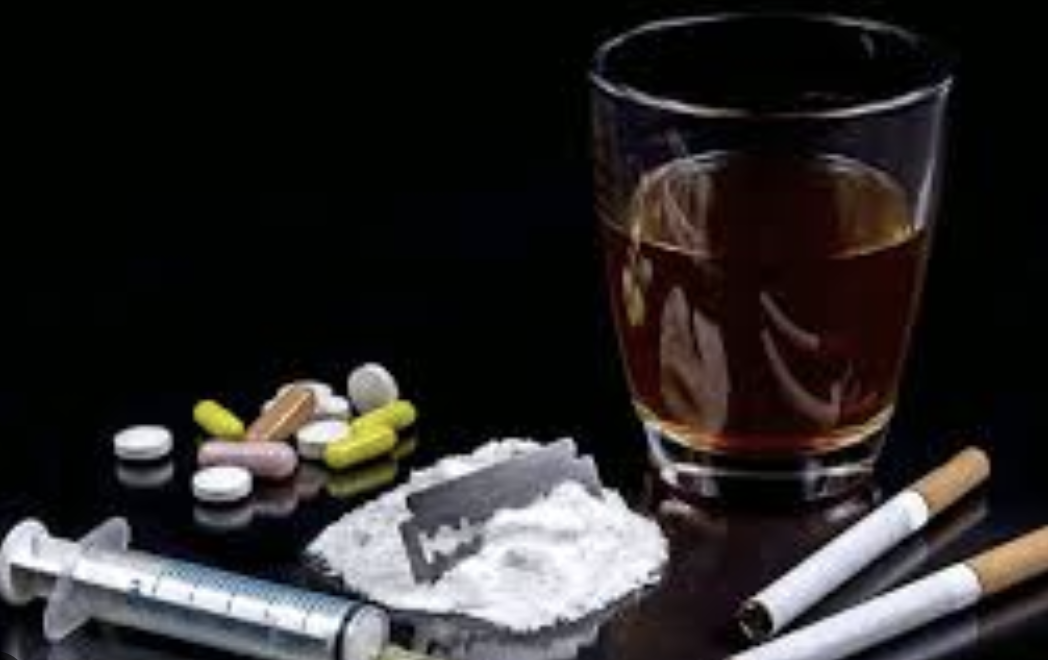 Some of the most commonly abused drugs
Some of the most commonly abused drugsThe Cabinet has approved the National Policy on the Prevention of Alcohol, Drugs and Substance Use (2025) in a bid to combat the growing crisis of substance abuse.
In a dispatch released to newsrooms following a Cabinet meeting chaired by President William Ruto at State House, Nairobi, the government described the policy as a “comprehensive, multi-sectoral framework” designed to address the escalating public health and societal threat posed by alcohol and drug abuse.
The new policy significantly strengthens the mandate of the National Authority for the Campaign Against Alcohol and Drug Abuse (Nacada) by reinforcing legal, educational, and institutional mechanisms for prevention and control.
Key features of the policy include stricter regulation of alcohol advertising and sales, including limitations on where and how alcohol can be marketed and sold.
The policy also enhances protection for individuals under the age of 21 and those who choose to abstain from alcohol and drugs.
It further advocates for the promotion of public awareness campaigns, evidence-based prevention strategies, and professional training for those working in prevention and treatment.
“The policy promotes awareness, evidence-based prevention, professional training, and community action,” the Cabinet noted.
“It aims to create a society free from the harmful effects of drugs and alcohol, with a strong focus on youth and vulnerable populations.”
The move comes amid growing concern over rising substance abuse in Kenya, especially among adolescents and university students.
Data from Nacada reveals that more than half of drug users in Kenya are aged between 10 and 19 years, with the most commonly abused substances being nicotine, alcohol, and cannabis.
Nacada according to the 2024 Status of Drug and Substance Use in Kenyan Universities report by Na, 45.6 per cent of university students have used at least one drug or substance in their lifetime.
Alarmingly, 26.6 per cent of students in both public and private universities are actively using substances such as alcohol, tobacco, cannabis, khat, and emerging drugs like methamphetamine and codeine syrup.
The policy is expected to enhance Nacada’s ability to carry out its broad mandate, which includes public education, research, enforcement of drug control laws, and the coordination of rehabilitation programs across various institutions and government agencies.











